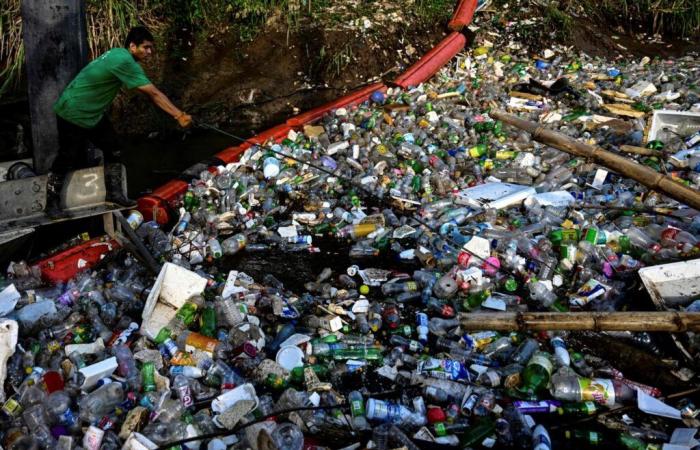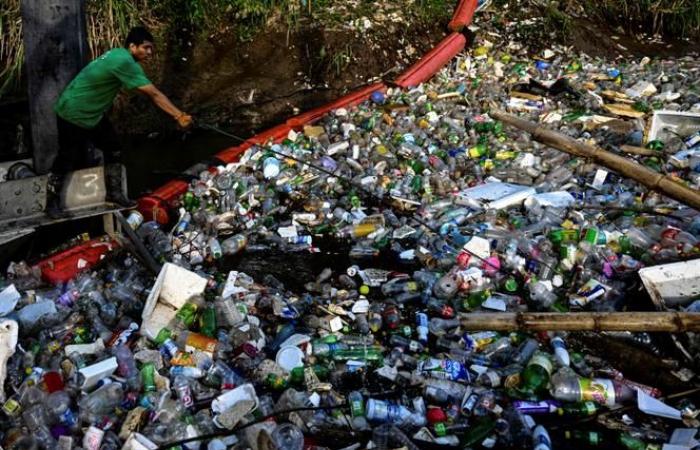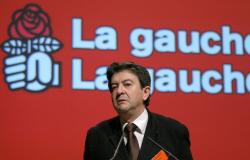Comb the 29e Climate Conference of the Parties (COP29) ended in Baku, environmental diplomacy meets in Pusan (South Korea) to tackle another planetary threat, plastic. Delegates from 175 countries are expected from November 25 to 1is December for what is supposed to be the fifth and final round of negotiations aimed at finalizing a global treaty to end plastic pollution. With one objective: to achieve a legally binding international instrument before the end of the year. As in Azerbaijan, the specter of failure hangs over Pusan.
As the rounds of negotiations progress, beginning in March 2022 with a United Nations resolution described as“historical”the draft text (zero draft) has swelled to become an 87-page catch-all, with conflicting options and sub-options, with 7,400 bracketed mentions. “If we only keep what is not in brackets, that is to say what there is consensus, we end up with a page and a half, it’s terrifying”comments Henri Bourgeois-Costa, director of public affairs at the Tara Océan Foundation, which has been documenting plastic pollution since 2010 through its scientific expeditions.
To break this deadlock, the president of the Intergovernmental Negotiating Committee (CIN), the Ecuadorian Luis Vayas Valdivieso, took the initiative of drafting another text (not paperin UN jargon), from the elements that it judges to benefit from sufficient “convergences” : 31 articles, which take up around fifteen pages. This note, which has no official status, could serve as a basis for negotiations in Pusan if the States accept it. But with a significant risk: undermining its ambition.
Turn off the tap at the source
For the French Minister for Ecological Transition, Agnès Panier-Runacher, who will not go to Pusan because the Korean host has not planned meetings ministerial, this text does not constitute “not a good basis for negotiations” and augurs “difficult discussions” and a “uncertain agreement”.
Main complaint: the document avoids any reference to any objective of reducing plastic production. This question constitutes the main dividing line, which has continued to widen, between the two blocs which have been facing each other since the start of the negotiations.
Read also | Article reserved for our subscribers The “plastic continent” of the North Pacific accumulates more and more waste
Read later
On the one hand, a coalition bringing together 67 members, including France, Germany, the United Kingdom and the European Union (EU), is defending a text of “high ambition”, which takes into account the entire life cycle of plastics, and therefore their production, to cut off the tap at the source. On the other, the oil-producing countries, for which plastics and in particular the packaging sector constitute a new source and which want to confine the treaty to the issue of waste management and recycling. Around Saudi Arabia and Iran, a “group of the same sensitivity”, which includes Russia, Brazil and India. The leading producer of plastic, China is on the same line.
You have 63.68% of this article left to read. The rest is reserved for subscribers.







